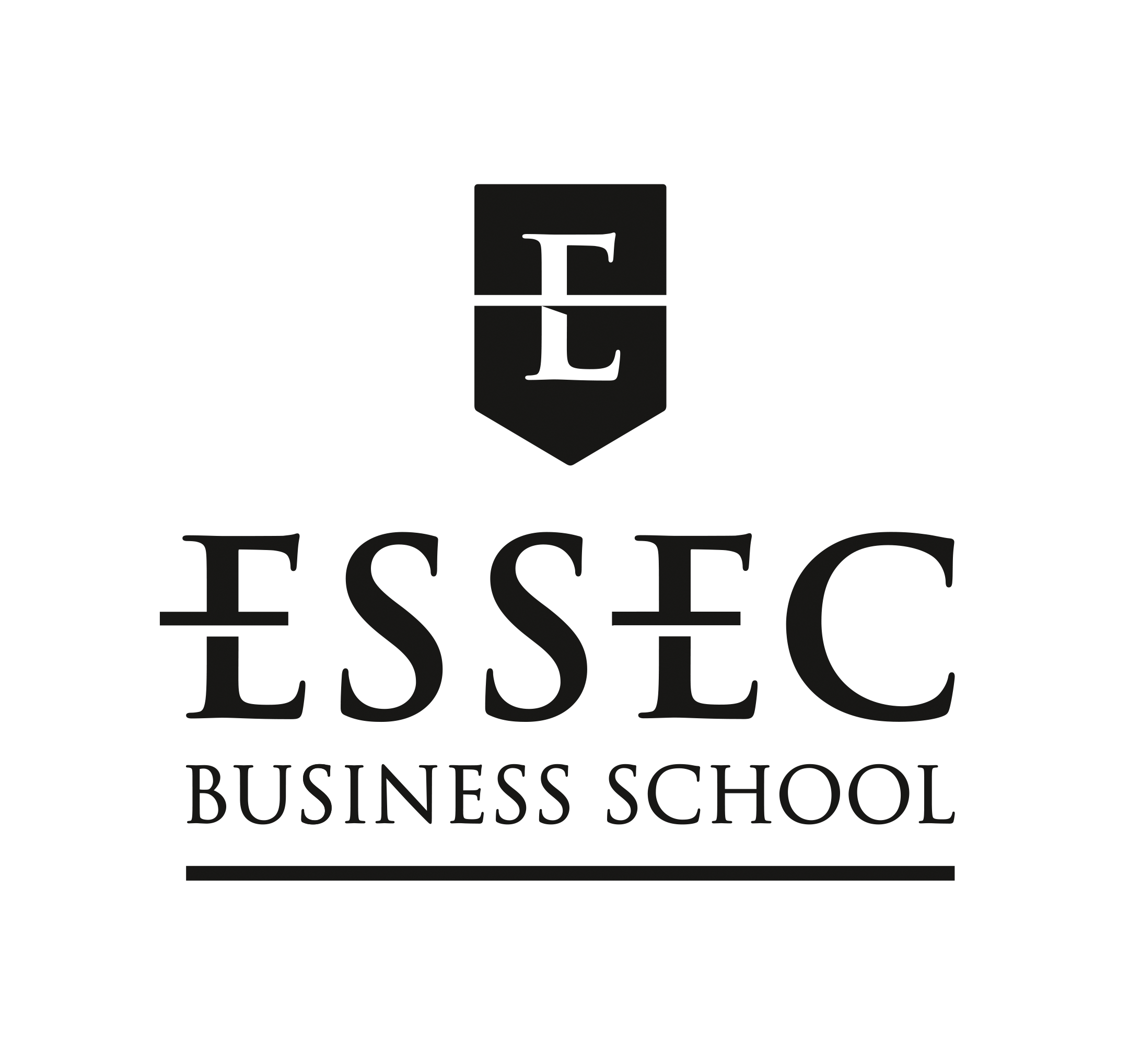- The Master in Strategy & Management of International Business mentorship program is designed to help students understand the industry.
- SMIB graduates testify to how the mentorship program has benefited their careers.
- Good mentor-mentee relationships require effort from both parties.
Young professionals trying to find their footing in a new work environment often realize that having a good GPA is insufficient. After all, understanding the nuances of each role they take, grasping a company’s unique culture, and ultimately, knowing how to present oneself to progress are not things that one can easily pick up in textbooks.
ESSEC Business School supports its students in these areas with industry-led projects as part of the curriculum, internships, and extensive career services support. For those in the ESSEC Master in Strategy & Management of International Business (SMIB) program at ESSEC Asia-Pacific, there is also the mentorship program to look forward to.
Theresa Chew, Career Services Senior Manager, shares that this program is valuable as mentors—who are ESSEC alumni—have gone through similar journeys and can understand the challenges that students face.
“The program’s goal is for students to have someone that can be a sounding board for their ideas and offer support,” she explains, adding that where possible, mentees are matched with mentors from industries or roles they are interested in. Although the program officially lasts around eight months, the hope is that “if the rapport is so good, the journey will continue even after graduation.”
Insights about Industry
Madeleine Guo, from the class of 2022, testifies to these benefits. As she joined the SMIB program to move into a consulting role, being paired with a mentor from Boston Consulting Group (BCG) played a big part in helping her understand what the job would entail and if she would be a good fit.
Besides getting advice on her Asian Strategy Challenge (ASC) project —a consulting project that SMIB students at ESSEC Asia-Pacific participate in—her mentor also offered her valuable resources she could use for her consulting interview preparations.
But perhaps the most important of all was simply hearing from him about his experiences at BCG.
“His sharing about the culture and work processes at BCG helped me envision myself there,” she adds, noting that when it came to choosing which company to join, these stories cemented her decision to join him at BCG as an associate.
Overcoming Career Uncertainty
Mentorship can also benefit those unsure about the career paths to take. For example, Tibere Simonnet, from the class of 2021, had initially struggled to decide between pursuing a path in M&A or consulting.
“My mentor advised me to focus on M&A because it would enable me to improve my financial skills more than in a consulting role while still giving me a deep understanding of corporate strategy,” he shares, noting that this paved the way for him to where he is today as an M&A Analyst at Equiteq.
Adriel Ronald Caumban has a similar experience.
“My mentor advised me on networking, how to get an internship in Singapore, and even how to refine my career goals,” he says, explaining that when they first spoke, he had been undecided between his consulting and digital marketing interests.
When he eventually moved into digital marketing, Adriel was particularly grateful that his mentor went beyond advising him to forward his resume to various companies in her network. He found a good fit and secured his first digital marketing internship at a health insurance firm, UEX, in Singapore.
Dos and Don’ts of the mentor-mentee relationship
That said, Madeleine is quick to caution that “mentorship is not about asking for referrals or jobs” but about helping students understand the industry—any job recommendations that may come are a bonus and depend on the quality of the mentor-mentee relationship.
In her experience, the mentorship outcomes ultimately “depend on the mentor’s availability and how proactive students are in connecting with them.” For the relationship to work, it requires effort from both parties.
For example, having started work at BCG as a consultant herself, she can testify to the intense pace of work, making her sympathetic to those mentors who may need more time to respond to their mentees. “Don’t be shy to reach out multiple times,” she advises.
Understanding your mentor’s background is essential because you will always gain more if you can “direct questions to their areas of expertise.” Be open and willing to hear what they say because, as she aptly puts it: “There is always something to be learned.”
RELATED POSTS
Students from Southeast Asia on Dean’s List
Three Southeast Asian Global Bachelor of Business Administration (BBA) students—Éloïse Le, Janice Augustine, and Olivia Gunawan—achieved Dean's List…
What ESSEC SMIB Students Learned from Vietnam’s Top Companies in Just 5 Days
ESSEC Master in Strategy & Management of International Business (SMIB) students spent five impactful days in Ho Chi Minh City, gaining real-world…
Bridging Tomorrow: ESSEC-CentraleSupélec’s Revolutionary AI and Management Bachelor
Innovative program combines elite business education with cutting-edge engineering at Europe's prestigious institutions.
Specialized Prestigious Tracks: Elevating Global Business Excellence at ESSEC
ESSEC's Global BBA offers elite international tracks that transform students through immersive cross-continental learning experiences, prestigious…
The Asian Strategy Challenge: Real-World Consulting Experience
ESSEC's Asian Strategy Challenge transforms SMIB students into strategic consultants through intensive, real-world business problem-solving with…
Global Exposure: The Impact of Study Trips on SMIB Students
SMIB study trips to Bangkok, Dubai, and other global business centers provide transformative international exposure, developing cross-cultural…








